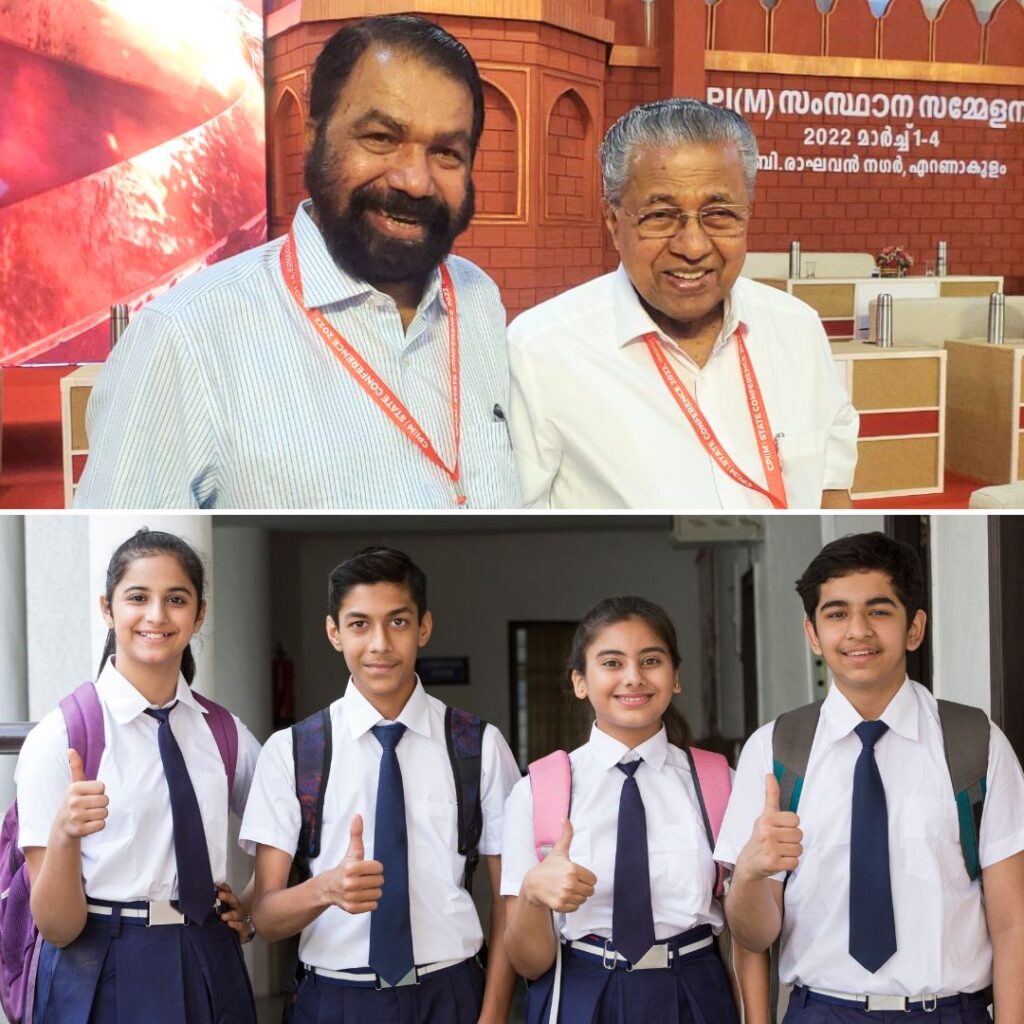Six years after its sudden exit, Singapore is poised to rejoin Andhra Pradesh’s Amaravati capital project, signalling a significant shift in the long-stalled development saga. The renewed partnership comes after New Delhi’s reassurance that policy stability will be maintained, an essential factor for Singapore’s renewed confidence.
The collaboration has now broadened beyond Amaravati alone, encompassing infrastructure and industrial investments across the state, with Singapore’s Government Investment Corporation (GIC) committing ₹45,000 crore. This development follows intense diplomatic outreach by Andhra Pradesh’s leadership, and marks an important step in reviving one of India’s most ambitious urban planning projects.
Singapore’s Strategic Return and Investment Pledge
Singapore’s comeback to Andhra Pradesh reflects a more cautious and strategic approach. Unlike the original partnership that ended abruptly due to state policy shifts, the new collaboration emphasises stability and continuity. According to officials, Singapore will engage only after clear and firm assurances from both the central and state governments that the policy environment will remain consistent.
A key milestone was an MoU signed by Singapore’s sovereign wealth fund, GIC, to invest ₹45,000 crore in the state’s development projects including, but not limited to, Amaravati.
The investment extends to sectors like logistics parks, industrial corridors, and smart city infrastructure, thus framing the initiative as a wider economic partnership rather than a narrow focus on the capital city. Andhra Pradesh’s Chief Minister N. Chandrababu Naidu, along with his son Nara Lokesh, directly engaged with Singapore’s top leadership, including Prime Minister Lee Hsien Loong and Foreign Minister Vivian Balakrishnan, reinforcing the strong bilateral relations and mutual confidence. Singapore’s President Halimah Yacob also echoed support for the renewed partnership during public statements, signaling strong institutional backing.
The Context of Past Disruption
The original Amaravati project, launched in 2015 with Singapore’s involvement as master planner and key investor, was heralded as a transformational opportunity for Andhra Pradesh. However, political upheaval in the state, including a change in government in 2019, led to a pivot toward a controversial three-capital strategy.
This shift abruptly ended Singapore’s participation, souring diplomatic relations and halting project progress. The withdrawal shocked investors, with billions already invested in the initial phases including land pooling with local farmers.
Farmers and local communities faced prolonged uncertainty, caught in the crossfire of political decisions and stalled development. The abandonment also damaged investor sentiment, making it difficult for the state government to attract fresh capital. This six-year hiatus underscored the fragility of infrastructure dreams when political continuity is lacking and left many questioning the viability of large-scale urban projects amid shifting political agendas.
Renewed Optimism With Central Government Support
The political return of the Telugu Desam Party (TDP) under Chandrababu Naidu has rekindled hopes for Amaravati. Seeking to avoid past mistakes, Naidu’s administration has focused on securing a stable and integrated partnership framework that involves the central government as a guarantor against future policy reversals. The MoU with Singapore runs parallel with efforts to restart construction and accelerate land acquisition processes in a transparent and participative manner.
Central government assurances have been key to easing Singapore’s concern about volatility. Analysts note that Andhra Pradesh’s renewed efforts to involve GIC in a wider economic role indicates maturity in addressing investor risk and reflects India’s growing emphasis on sustainable urban development backed by strong policy frameworks.
The Logical Indian’s Perspective
Singapore’s tentative but hopeful re-engagement with Amaravati highlights the critical need for sustained political will and transparent governance to see visionary projects to fruition. The repeated disruption not only affected investors but also displaced communities and delayed economic growth.
This development saga affirms that infrastructure projects require unwavering commitments beyond electoral cycles and political contestation.
At a time when India seeks to position itself as an attractive destination for global investment in infrastructure and smart cities, Amaravati’s story carries lessons on empathy, trust, and cooperation. Shared accountability between states, the Centre, investors, and affected communities must be the cornerstone of future development initiatives.













